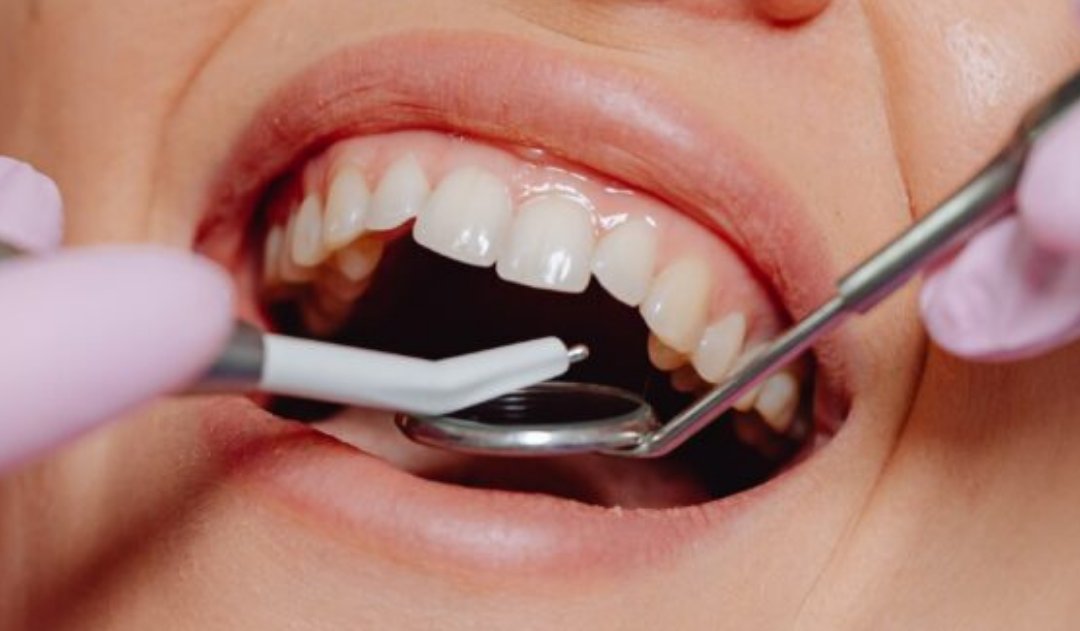Things happen unexpectedly. Kids play rough. Food can be too tough. Toothaches can appear out of thin air. Medical emergencies can be scary, but with the right information, they do not have to be detrimental.
Read on to find out what you should do when faced with a dental emergency.
DENTAL EMERGENCIES: WHAT ARE THEY?
Regular dental appointments for cleanings, x-rays, or 6-month checkups are routine. Dental emergencies are those events that are extraordinary. In other words, anything but routine.
A dental emergency is defined as anything that requires urgent and immediate action to address severe mouth pain, discomfort, or injury. Situations such as lost fillings, chipped veneers, or broken dental appliances are not considered emergencies.
DENTAL EMERGENCIES: WHAT CAUSES THEM?
There are several leading and common causes of dental emergencies.
- Cracked or broken teeth
- Knocked-out teeth
- Teeth or jaw pain
- Broken jaw
- Bleeding or aching gums
- Soft tissue injuries
- Toothaches
- Objects stuck in the mouth
DENTAL EMERGENCIES: WHAT SHOULD I DO?
There are certain steps that one can take to prevent further damage and mitigate dental pain. Here are some tips to keep in mind if you find yourself in an emergency situation.
Cracked or Broken Tooth
For a broken tooth, you should use warm water to rinse out the mouth and then apply a cold compress for swelling and to manage pain.
Knocked-Out Teeth
For knocked-out teeth, you should not touch the root of the tooth but should only handle the crown to avoid further nerve damage. Don’t attempt to place it back into its socket, placing it between your cheek, or in a container of milk will also help to preserve the life of the tooth. Again, use a cold or wet compress to manage bleeding, swelling, and pain.
Tooth, Teeth, or Jaw Pain
Pain in any of these areas is typically related to swelling, fever, sourness in the mouth, or difficulty swallowing. These symptoms often indicate the presence of a virus. An abscess could require further antibiotic treatment, drainage, or a root canal.
Bleeding or Aching Gums
Suffering from excessive bleeding and aching gums could indicate the presence of periodontal disease. To avoid periodontal disease, patients should attempt to keep their gums, teeth, tissue, and bones healthy through frequent brushing and other dental self-care.
Soft Tissue Injury
For severe bites or cuts to the lip or tongue, thorough cleansing of the exposed area should be applied gently with water and a cold compress applied to manage the bleeding. See a medical professional if the bite is or requires stitches.
DENTAL EMERGENCIES: IMMEDIATE ACTION
In the event of an emergency, the patient should call their dentist or dental specialist immediately. If you are unable to reach their office, emergency directions should be specified on their website or voicemail. To ensure a callback, describe the situation in detail and leave a phone number for return.
If the pain persists, you should seek medical attention from your local emergency care center.
DENTAL EMERGENCIES: CALL ROMINGER DENTAL TODAY!
At Rominger Dental, our primary goal is to make every single patient feel at ease. We know that no one looks forward to going to the dentist, but we go above and beyond to make your dental experience as pleasant as possible.
With our capable team of dentists, we know just what to do to prevent, manage, and correct dental pain. Are you in need of dental emergency care? Call us today at (304)842-2375 or schedule a future appointment at romingerdental.com.

